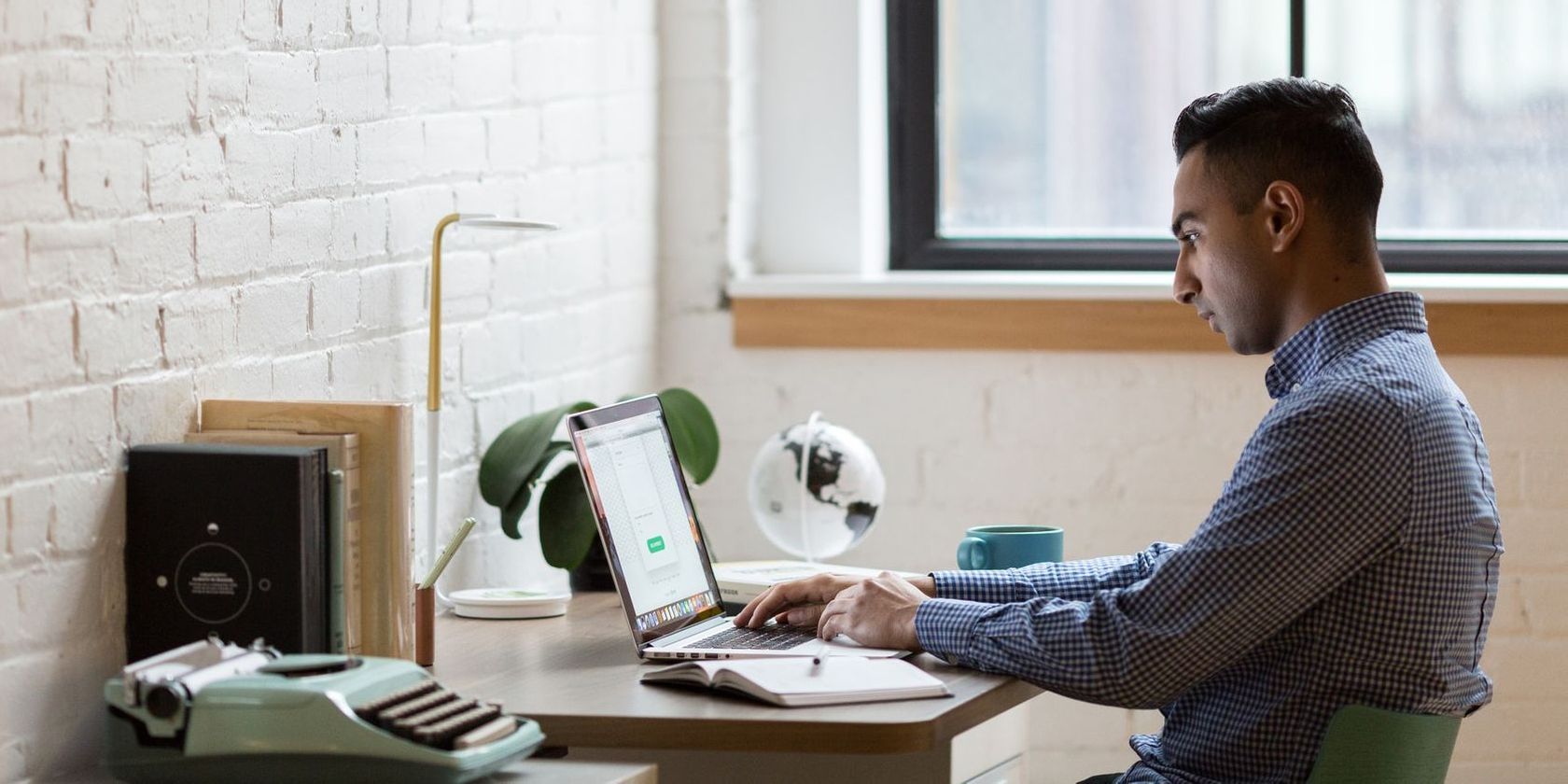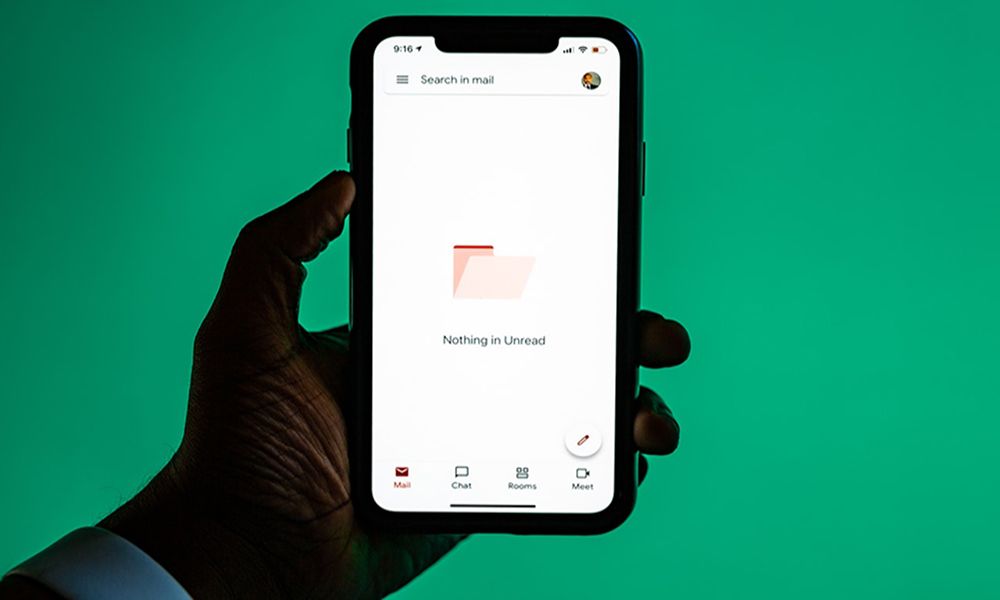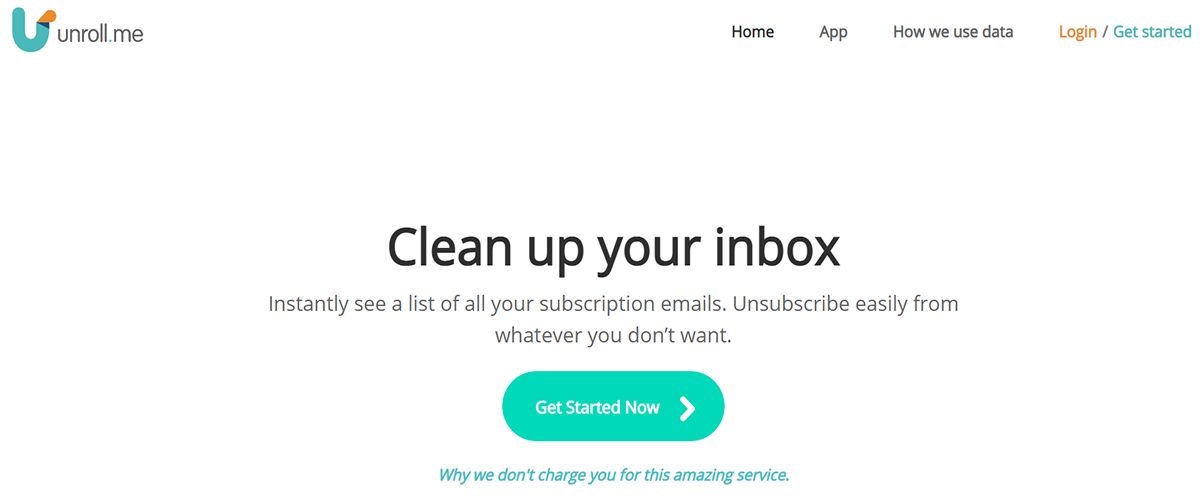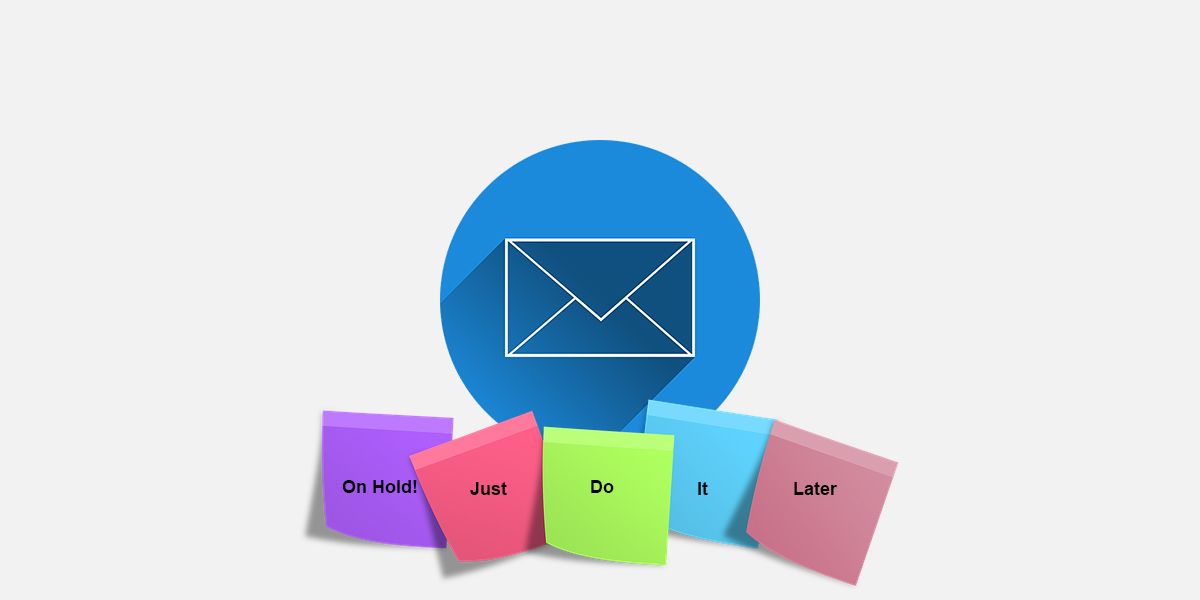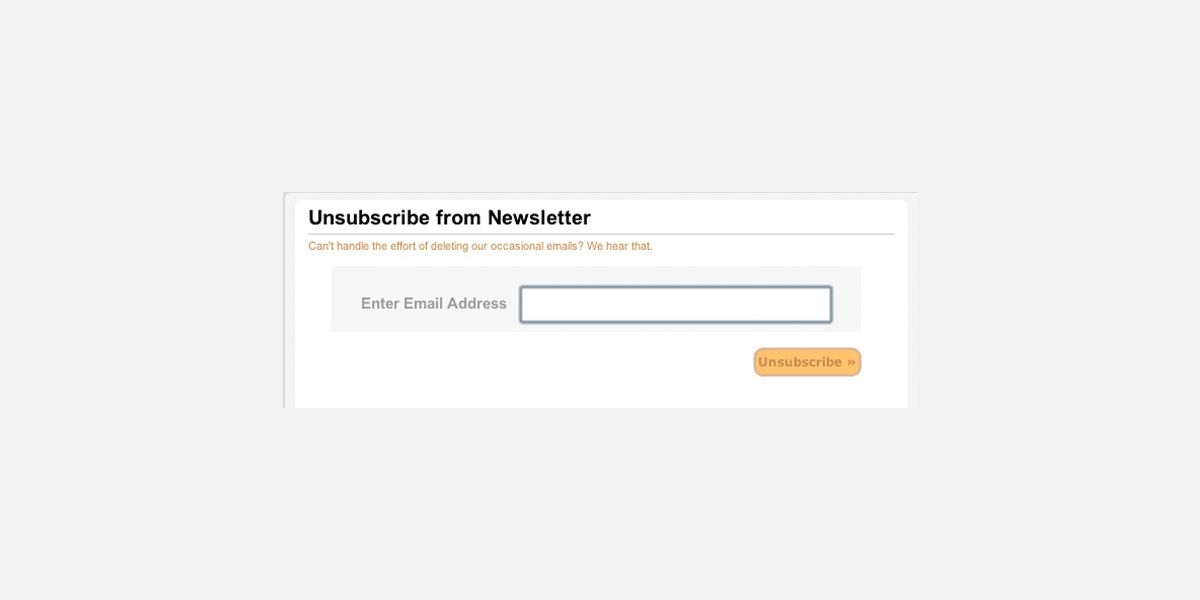Despite being a productivity tool, email is a major distraction during work hours and prevents you from doing more important tasks. You may even have the habit of checking your emails whenever a notification comes in.
Such practices hamper your performance and cause impediments in the way of achieving your target. To maximize productivity, you may want to take the following approaches to control email usage.
1. Don’t Start Your Day With Inbox
During the morning, you should consider your priorities, make a to-do list for the day, and focus on the most important task without worrying about other people's requests. As tempting as it may be to check your emails first thing in the morning, it diverts your attention.
Your mind gets cluttered with the possible replies to the emails, and as a result, your actual work suffers. Responding to emails in the early morning lets people know you're already available. Hence, you must start your day focusing on the work, not on emails.
2. Empty the Inbox Regularly
It isn't necessary to reply to each email you get. However, you need to process each email to keep your inbox full of unread emails. Otherwise, you won’t find the necessary email. You can keep the inbox free from bulk unread messages using these methods:
- Do: If the email asks for any actionable task that'll take less than two minutes, do that immediately.
- Delegate: This isn't necessarily about handing over the responsibility to someone else. So, you can forward the task to the right people.
- Defer: If the email doesn't need an urgent reply, you can defer the answering to a better time.
- Delete: You should delete emails delegated to someone else or non-critical ones immediately to avoid causing confusion and clutter.
3. Refrain From CCing Each Email to Everyone
CCing emails can be necessary at times, but it usually means getting bombarded with replies that have nothing to do with you. While sending an email, don't add more than two persons in the CC field.
If your colleagues CC you in emails that contain information you don't need to know, you can also get unnecessary emails. In that case, you should inform your team to reply individually instead of replying to all, unless they are sharing some information that everyone needs to know.
4. Checking Email in Batches
There are two types of email users: The first type depends on notifications and checks the email right away when it arrives. The second type of sender has their fixed time to check all the emails in a batch so that they can forget about it the rest of the day.
You have to be the second type to get your tasks done effectively. Set your own rules for when to check the time.
5. Leverage Email Management Tools
One of the best methods to stop your email inbox from getting out of control and saving your precious time is to take external assistance for screening your messages. A smart option to manage emails is to use tools like Sanebox or Unroll.me.
Sanebox helps you sort and declutter your email inbox and make way only for the important emails. Any other emails reaching your email address will go to Trash or Archive. With Unroll.Me, you can cancel the email subscriptions that are not necessary.
6. Choose a New Operating Model for Communication
By introducing a novel communication model among your team members, you can become less dependent on emails. For example, you can utilize a project management tool for group communication or arrange a brief meeting. With project management tools, you can have all the necessary pointers listed with a project.
Likewise, you can schedule a one-on-one conversation over the phone to avoid having a lengthy email thread. For collaborating and real-time communication, you can use messaging services like Slack, Flock, Yammer, etc., to quickly connect with your team for any needs.
7. Enhance Your Email Etiquette
To become more successful in getting more things done without interruption, fine-tune your email etiquettes with the following tips:
- Always write a clear subject line that specifies the subject matter of the emails. Thus, the recipient won't overlook the emails, and you don't have to send additional emails asking for a reply.
- Never skip proofreading your emails before hitting the Send button. It'll ensure that there is no chance of misunderstanding due to typos.
- Make sure your email signature contains your contact information, like the phone number. Thus, the recipient can contact you directly if the necessity emerges.
8. Go for Delayed Response
You may often end up responding to emails as soon as they arrive. However, this will only take your concentration away from your primary task. Stop being in a hurry to reply to an email. Instead, take an hour or even more and reply according to your schedule to manage your inbox.
If you’re worried about missing urgent emails, you won’t be getting emails in that case. For any emergencies, you'll get a phone call, not an email.
9. Try the "Yesterbox" Method
Created by Tony Hsieh, this method promotes responding only to the email that came yesterday—unless they’re urgent. The basic rule of this technique is to process yesterday's inbox instead of today's. Of course, you'll read an urgent email that needs immediate action, but not many emails will fall under that category.
10. Say Goodbye to the Newsletters
Every email coming to your inbox is equivalent to one moment of distraction. A large portion of the emails you get every day are newsletters. In most cases, you won’t even remember when you subscribed to the newsletter and why.
To keep your inbox clean and avoid getting unnecessary notifications during odd hours, unsubscribe to the newsletters you don’t need. This unsubscription may take some time, but you'll be forever free from unwanted emails. You can always use an RSS feed instead of email if you don’t want to miss any post.
Your Productivity Is More Important Than Your Emails
The never-ending pileup of emails is enough to make you stressed and distracted. By changing your email habits with these methods, you can stop email from causing distraction and become highly productive.

